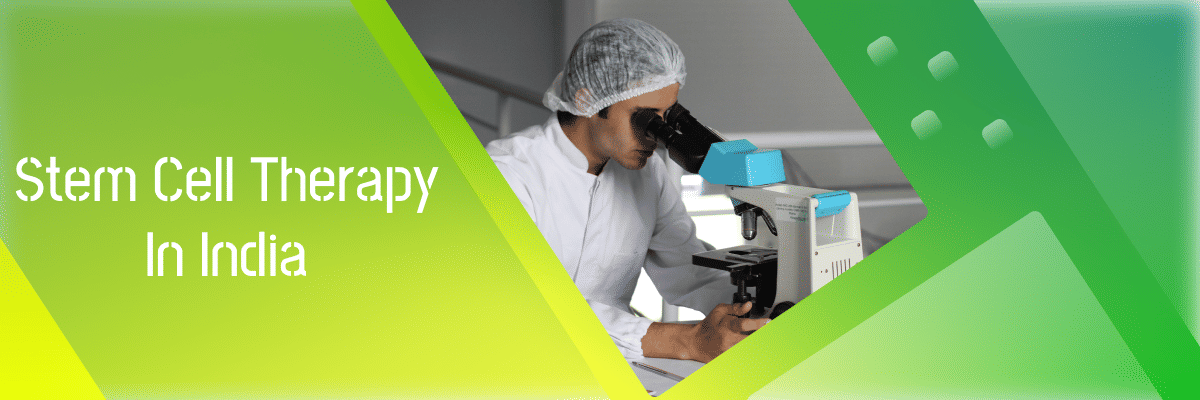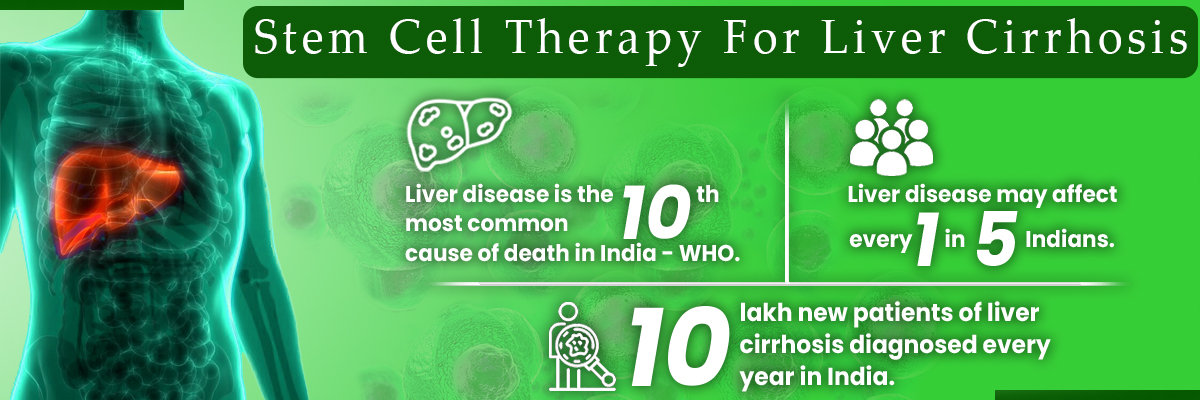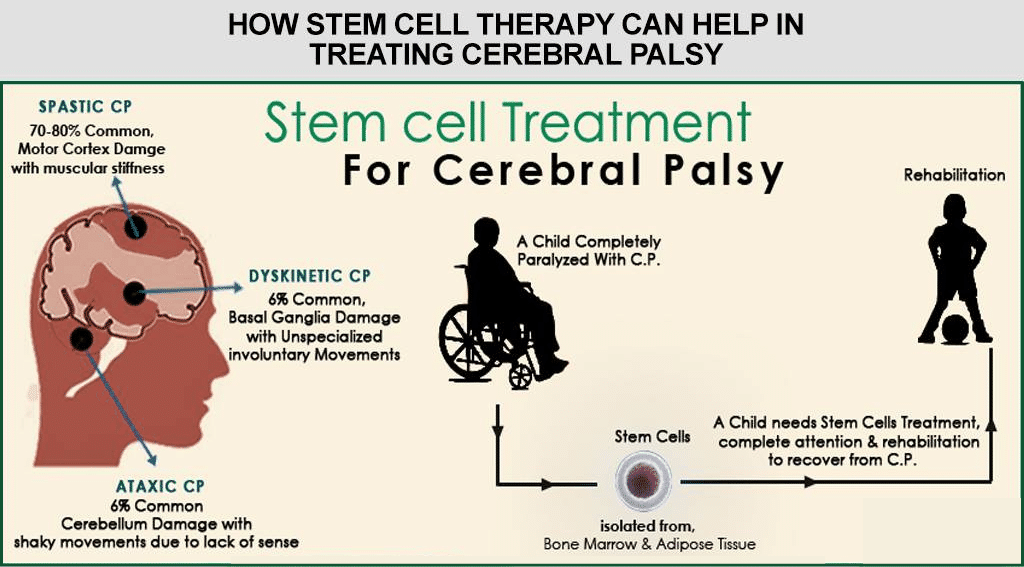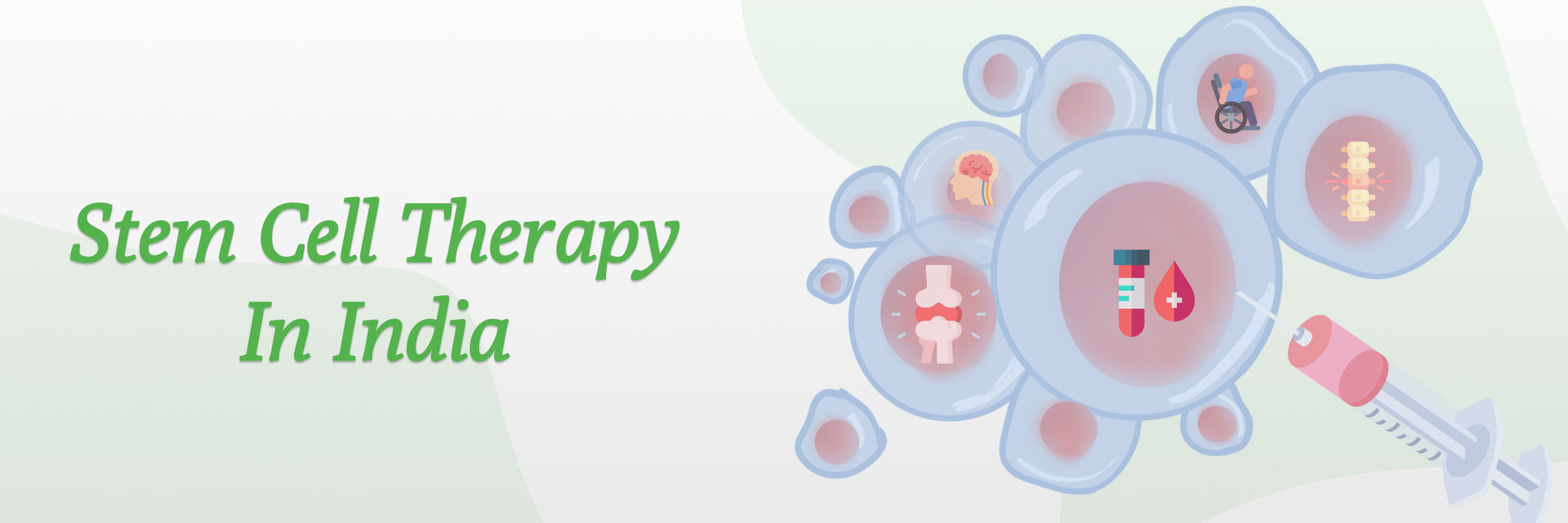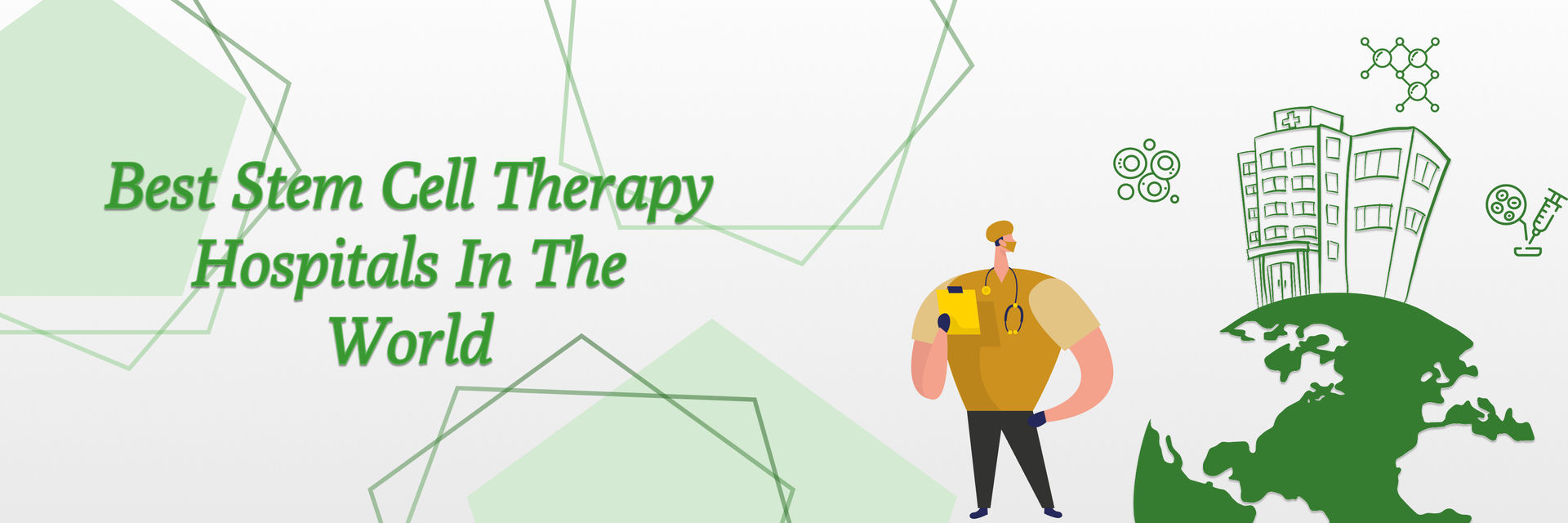Overview
Did you know brain cancer affects thousands of people worldwide each year?
Globally, it is estimated that approximately 308,000 new cases of brain and central nervous system (CNS) tumors are diagnosed annually. According to the American Cancer Society, about 24,000 malignant tumors of the brain or spinal cord will be diagnosed in the United States alone in 2024. Brain cancer is a complex and often life-threatening condition that poses significant treatment challenges.
Despite current treatments like surgery, radiation, and chemotherapy, many patients still face considerable difficulties and limited options. However, stem cell therapy offers a promising new approach by targeting and treating brain tumors at the cellular level. This blog explores the latest advancements in stem cell therapy for brain cancer, highlighting its potential to revolutionize cancer care and improve the quality of life for patients facing this formidable disease.
Dr. Pradeep Mahajan, founder of StemRx Bioscience Solutions and a pioneer in stem cell therapy, advocates for the future of regenerative medicine. He emphasizes the immense potential of stem cell therapy to treat various disease along with cancer, noting that continued research and development will be crucial to overcoming current limitations and making these therapies more accessible to patients worldwide.
What is Brain Cancer?

Brain cancer is a malignant growth of abnormal cells in the brain. These cancerous tumors can disrupt essential brain functions and pose significant health risks.
Types of Brain Cancer:
- Gliomas: These arise from glial cells and include astrocytomas, oligodendrogliomas, and glioblastomas.
- Meningiomas: Develop in the meninges, the protective layers of the brain and spinal cord.
- Medulloblastomas: Common in children, these tumors start in the cerebellum.
- Pituitary Adenomas: Affect the pituitary gland, often impacting hormone production.
- Schwannomas: Originate from Schwann cells, typically affecting nerves.
Symptoms:
- Persistent headaches
- Seizures
- Nausea or vomiting
- Vision problems
- Gradual loss of sensation or movement in an arm or leg
- Balance difficulties
- Speech difficulties
- Cognitive or personality changes
Diagnosis:
- Neurological Exam: Tests motor and sensory skills, balance, coordination, and reflexes.
- Imaging Tests: MRI and CT scans provide detailed images of the brain.
- Biopsy: A sample of the tumor tissue is examined to determine the type and grade of the cancer.
- Other Tests: PET scans and angiograms might be used to gather additional information about the tumor.
Limitations of Current Treatments
Treatment | Challenges and Limitations |
| Surgery | - Highly complex due to critical brain functions - Difficulty in complete removal without damaging healthy tissue - Risk of tumor recurrence |
| Radiation Therapy | - Significant side effects (fatigue, hair loss, cognitive changes) - Potential damage to surrounding healthy brain tissue - Limited efficacy for some tumors |
| Chemotherapy | - Difficulty crossing the blood-brain barrier - Side effects (nausea, vomiting, hair loss, weakened immune system) - Cancer cells can develop resistance to drugs |
What is Stem Cell Therapy?

Stem cells are unique cells with the ability to develop into different cell types in the body. They can divide and renew themselves, making them a powerful tool in regenerative medicine.
Types of Stem Cells:
- Neural Stem Cells:
- Found in the brain and spinal cord.
- Can differentiate into various types of neural cells, such as neurons and glial cells.
- Mesenchymal Stem Cells (MSCs):
- Found in bone marrow, fat tissue, and other locations.
- Known for their anti-inflammatory properties and ability to promote tissue repair.
How Stem Cell Therapy Works for Brain Cancer?
Mechanism of Action: Stem cells can target and treat brain tumors through various mechanisms:
- Targeting Cancer Cells:
- Stem cells can be engineered to carry anti-cancer agents directly to the tumor site, minimizing damage to healthy tissue.
- Promoting Tumor Regression:
- They can differentiate into cells that support the immune system's ability to attack cancer cells.
- Repairing Damage:
- Stem cells can help repair brain tissue damaged by the tumor or by conventional treatments like radiation and chemotherapy.
Administration Methods:
- Intravenous (IV) Injection:
- Stem cells are injected into the bloodstream.
- They travel through the circulatory system and home on the tumor site.
- Direct Injection:
- Stem cells are injected directly into the brain near the tumor.
- Ensures a higher concentration of stem cells in the targeted area.
Clinical Evidence
Key Clinical Trials and Research Findings:
- Recent studies have shown promising results in using stem cell therapy for brain cancer. A 2019 study published in Nature Communications demonstrated that neural stem cells engineered to release an anti-cancer protein significantly reduced tumor size in mice.
- Another clinical trial conducted by the University of California found that patients receiving mesenchymal stem cell therapy experienced improved overall survival rates compared to those receiving standard treatments.
Benefits of Stem Cell Therapy for Brain Cancer
Potential to Target and Destroy Cancer Cells:
- Stem cells can be engineered to home in on cancer cells and deliver targeted therapies, minimizing harm to surrounding healthy tissues.
Reduction in Tumor Size:
- Clinical studies have shown that stem cell therapy can significantly reduce the size of brain tumors, leading to better management of the disease.
Improvement in Survival Rates and Quality of Life:
- Patients undergoing stem cell therapy have reported improved survival rates and enhanced quality of life. This includes better neurological function and fewer side effects compared to traditional treatments.
Risks and Ethical Considerations
Possible Side Effects and Complications:
- Immune Reactions: There is a risk of immune system rejection or adverse reactions to stem cell transplants.
- Tumorigenesis: In rare cases, stem cells may form tumors or unwanted tissue.
- Infections: Any invasive procedure, including stem cell therapy, carries a risk of infection.
- Infertility: Stem cells can affect women's ovaries by damaging them and reducing viable eggs, which leads to difficulty in pregnancy after stem cell transplant.
Ethical Concerns and Regulatory Status:
- Source of Stem Cells: The use of embryonic stem cells raises ethical questions regarding the destruction of embryos.
- Regulatory Approval: Stem cell therapies must undergo rigorous testing and approval processes to ensure safety and efficacy. Regulatory bodies like the FDA closely monitor these treatments.
Future Directions
Ongoing Research and Potential Advancements:
- Gene Editing: Techniques like CRISPR could enhance the precision and effectiveness of stem cell therapies.
- Bioprinting: Advances in 3D bioprinting may allow for the creation of custom tissues and organs using stem cells.
- Combination Therapies: Research is exploring the use of stem cells in combination with other treatments like immunotherapy to boost effectiveness.
Prospects for Personalized Medicine:
- Personalized stem cell therapies tailored to an individual’s genetic makeup and specific type of brain cancer hold significant promise for improving treatment outcomes.
Conclusion
Stem cell therapy offers the potential to target and destroy cancer cells, reduce tumor size, and improve survival rates and quality of life for brain cancer patients. Ongoing research is crucial to enhance the safety and effectiveness of these therapies and make them more accessible. Patients should discuss the potential benefits and risks of stem cell therapy with their healthcare providers to make informed treatment decisions.
